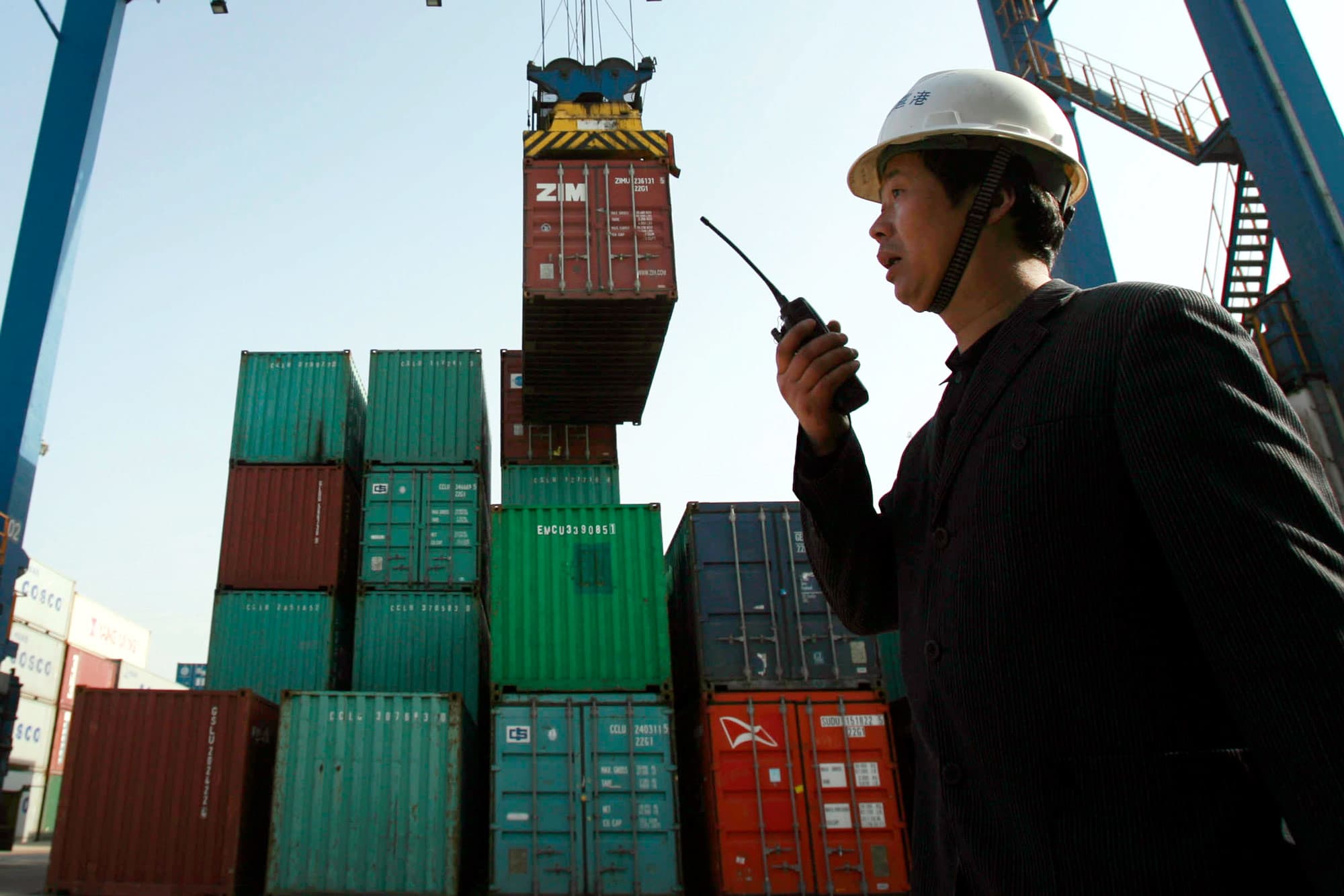Bryn Mawr’s Jeffrey Mills believes the market needs more time to break out of its slump.
Despite President Donald Trump’s decision to suspend this week’s U.S. tariff increases on $250 billion of Chinese goods, Mills questions whether it’s enough to boost stocks into year-end.
“The market has basically been held hostage by the trade negotiations,” the firm’s chief investment officer told CNBC’s “Trading Nation” on Friday. “I don’t know that we’re out of the woods yet with China. We still have trade negotiations going on with the EU [and] the ratification of NAFTA 2.0.”
Yet, stocks closed the week on a high note. With trade optimism filtering through Wall Street, the Dow rose almost 320 points or 1.2% on Friday. The S&P 500 also rallied more than one percent. Plus, both indexes broke three week losing streaks.
However, Mills, who has $15 billion in assets under management, suggests it’s risky to assume stocks are ready to take off.
“I’m not totally convinced that the market is going to break out from the range we’ve been in. I think range-bound for the rest of the year is probably what’s going to happen,” he said. “My guess is we still get some soft economic data as we go through the end of the year.”
Right now, Mills urges investors to carefully examine their portfolios.
“Make sure the risks you are taking in your portfolio are intentional. You want to be tactical. Play defense for now,” he said. “The economy today is still dealing with the tightening of financial conditions via rising interest rates that we saw in 2018.”
The time to get more aggressive, he added, would be early next year. That’s when Mills would start incorporating cyclical plays.
“When you move into the first quarter of 2020, you’re actually going to see a turn — a bottoming in the global manufacturing sector,” he said.
According to Mills, that’ll suppress recession talk and return optimism to Wall Street even if an official trade deal between the U.S. and China hasn’t happened.
“As long as there is a credible de-escalation where investors don’t think the tariffs will spiral out of control, if you start to get some evidence that the global manufacturing sector is bottoming, that could still help,” Mills said. “The timing could still work.”
